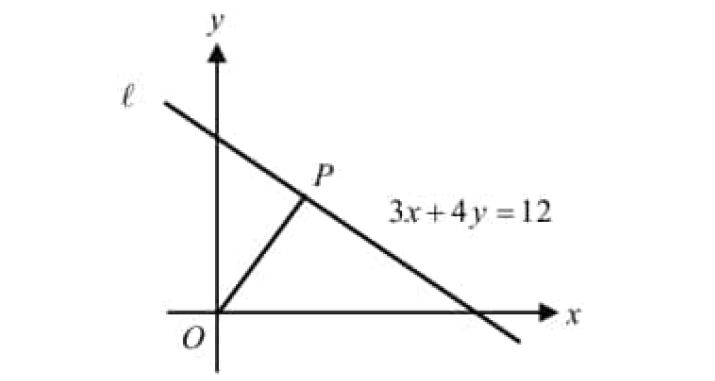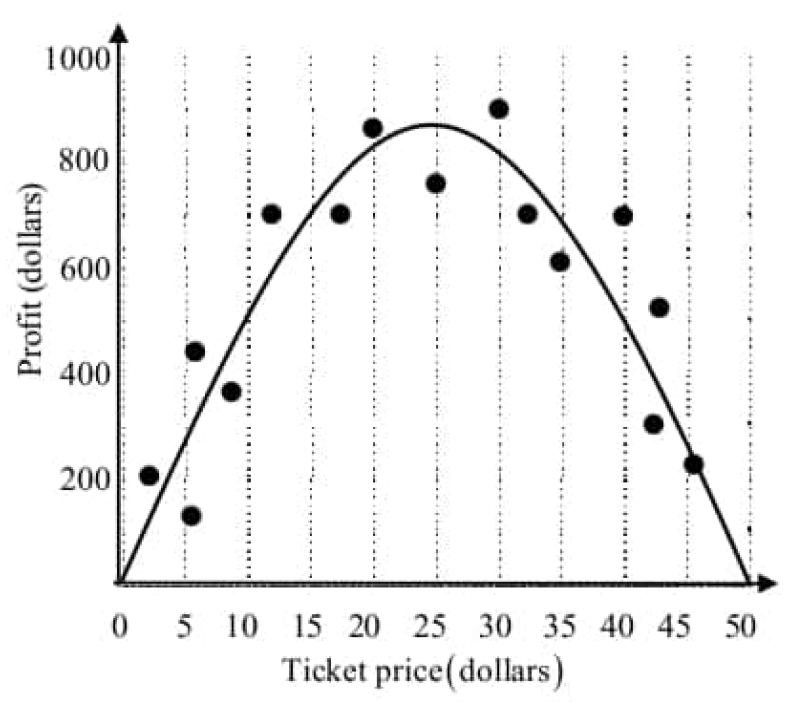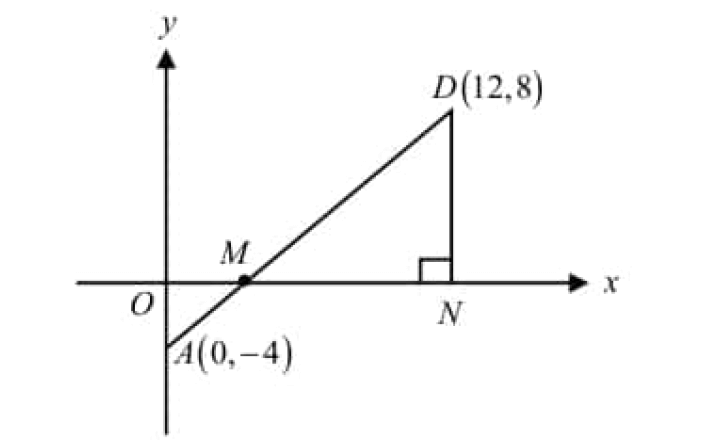TYPES OF SURDS
Following are the different types of surds.
1. Simple surd
2. Pure surd
3. Similar surds
4. Mixed surds
5. Compound surds
6. Binomial surds
7. Trinomial surds
8. Conjugate surds
Simple Surd
A surd having only one term is called a simple surd.
For example,
√2, √3
Pure Surd
A surd which is completely irrational is called pure surd.
In other words, a surd which has unity only as rational factor the other factor being irrational is called pure surd
For example,
√3, √5
Similar Surds
Two or more surds are said to be similar or like surds if they have the same surd-factor.
√3, 7√3, 10√3, -2√3
All the above surds are similar or like surds. Because, we have the same surd factor √3.
And also, two or more surds are said to be similar or like surds if they can be so reduced as to have the same surd-factor.
√5, 7√125, √20, -5√45
Each of the above surds can be expressed with the same surd-factor √5.
7√125 = 7√(25 x 5)
= 7(5√5)
= 35√5
√20 = √(4 x 5)
= 2√5
-5√45 = -5√(9 x 5)
= -5(3√5)
= -15√5
The given surds can be expressed as
√5, 35√5, 2√5, -15√5
All the above surds are similar or like surds. Because, we have the same surd factor √5.
Mixed Surds
Surds which are not completely irrational and they can be expressed as a product of a rational number and an irrational number.
For example,
5√2, 7√3
Compound Surds
An expression which contains addition or subtraction of two or more surds is called compound surd.
For example,
√2 + √5, √7 - √11 + √3
Binomial Surd
A compound surd which contains exactly two surds is called a binomial surd.
3√2 + √3
Trinomial Surds
A compound surd which contains exactly three surds is called a trinomial surd.
√7 - √11 + √3
Conjugate Surds
Two binomial surds which are differ only in signs (+/–) between them are called conjugate surds.
For example,
√7 + √3 and √7 - √3
Questions and Answers
Question 1 :
Can you add all types of surds ?
Answer :
No, we cannot add all types or surds. We can add only similar surds.
Question 2 :
What is the condition for comparing two or more surds?
Answer :
We can compare only similar surds. If the given surds are not similar, convert them to similar surds and compare.
Question 3 :
How do you compare two dissimilar surds having the same radicand ?
Answer :
If two dissimilar surds have the same radicand, then the surd with the smaller order will be greater in value.
Question 4 :
How can you rationalize the denominator of a fraction , if the denominator is a binomial surd ?
Answer :
We can rationalize the denominator by multiplying it with its conjugate.
Kindly mail your feedback to v4formath@gmail.com
We always appreciate your feedback.
©All rights reserved. onlinemath4all.com
Recent Articles
-
Digital SAT Math Problems and Solutions (Part 240)
Aug 02, 25 02:42 AM
Digital SAT Math Problems and Solutions (Part 240) -
Digital SAT Math Problems and Solutions (Part - 239)
Aug 01, 25 08:37 PM
Digital SAT Math Problems and Solutions (Part - 239) -
Digital SAT Math Problems and Solutions (Part - 238)
Aug 01, 25 06:10 AM
Digital SAT Math Problems and Solutions (Part - 238)


